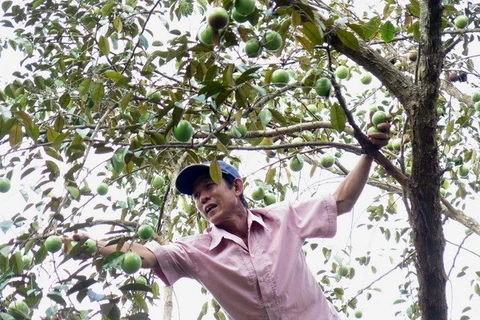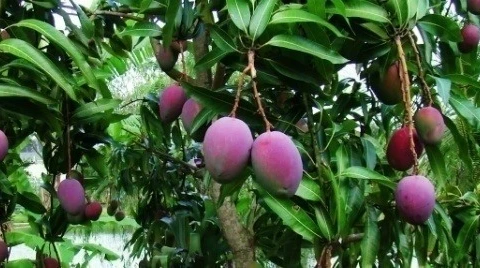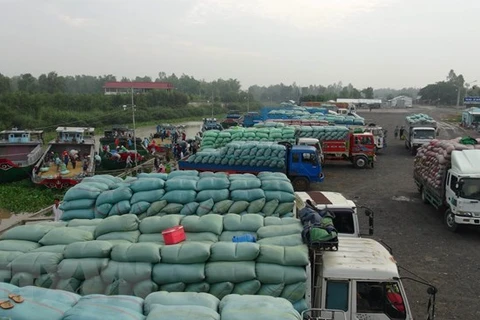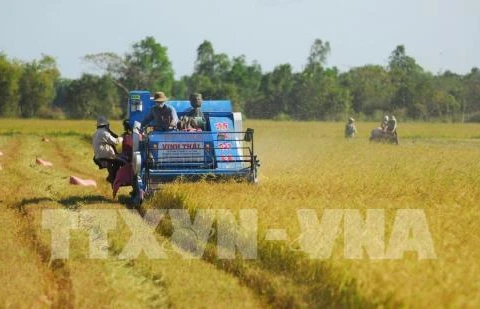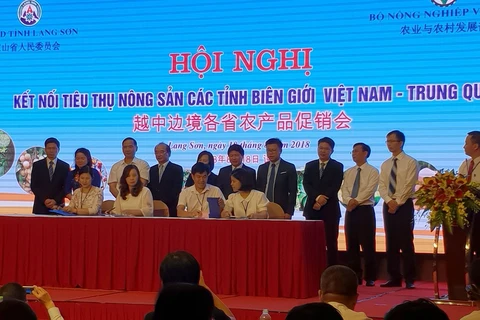HCM City (VNA) – A seminar was held in Ho Chi Minh City on December 11 to help local businesses gain an insight into the Republic of Korea’s (RoK) regulations on plant protection product residues on farm produce exported to this market.
Kim Ki-joon, President of the Korea Trade-Investment Promotion Agency (KOTRA) for Southeast Asia-Oceania, said after the Vietnam-RoK Free Trade Agreement took effect in December 2015, bilateral trade, including in agricultural products, has enjoyed impressive growth.
However, the RoK also applies high quarantine standards for imported animal, plant, and food products, and many Vietnamese exporters have faced difficulties in meeting its quarantine requirements, he noted.
Nguyen Thanh Huong, an official at the Plant Protection Department (PPD) under the Ministry of Agriculture and Rural Development, said that the plant protection products which pose high risks to human and animal health and the environment include chemicals warned by the Food and Agriculture Organisation (FAO), the World Health Organisation (WHO), the UN Environmental Programme, and Annex III of the Rotterdam Convention; products containing pathogenic microorganisms; and those causing genetic mutation or cancer for humans.
Since 2017, the PPD has reviewed and removed some chemicals likely to affect human and animal health and the environment from the list of permitted ones, including acephate, diazinon, zinc phosphide, malathion, and carbendazim.
Huong said her department and the RoK’s Animal and Plant Quarantine Agency (QIA) are jointly carrying out an examination programme for dragon fruit and mango at Vietnamese factories before they are shipped to the RoK.
The QIA transferred the monitoring work to the PPD in 2015 and has only randomly examined the vapour heat treatment at local factories. Meanwhile, the RoK side has examined Vietnamese mango since 2014, and the PPD has also proposed the QIA handover the pre-export monitoring of this fruit, she added.
To help Vietnamese farm produce meet importers’ requirements, the PPD has been tightening the registration, production, sale, and use of plant protection products, she said, noting that it has also boosted communications to encourage farmers to use and businesses to trade in biological plant protection products.
The RoK is a big agricultural product buyer of Vietnamese goods. Its imports of Vietnamese agricultural, forestry, and fishery products rose from 700 million USD in 2015 to 1.8 billion USD last year, representing 3.4 percent of its purchases of farm produce from overseas, according to the Ministry of Industry and Trade. –VNA
VNA

